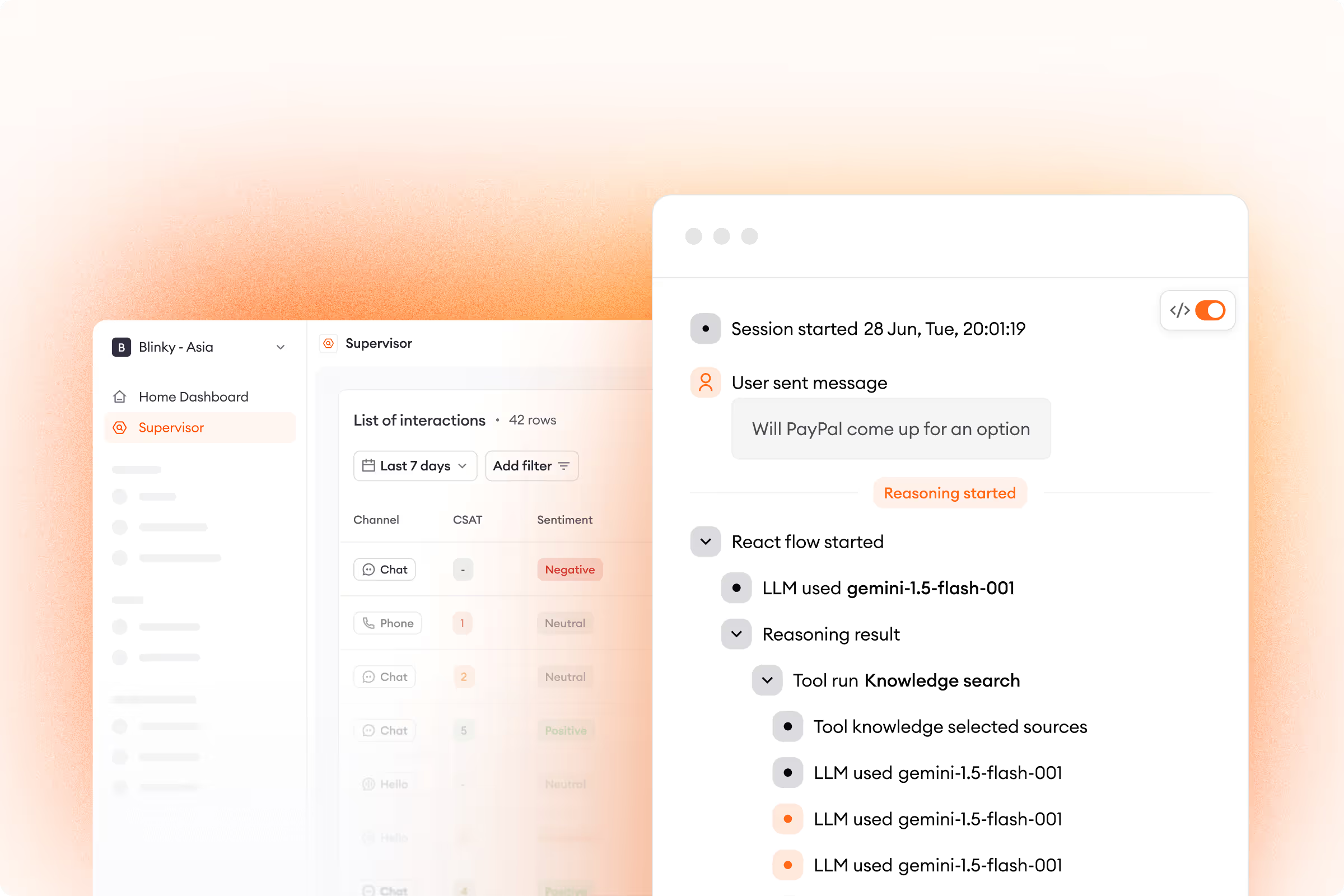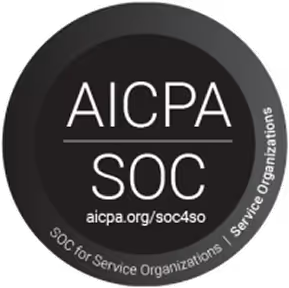How many clients or customers will speak to your CFO, CEO, or even your product designers? Chances are few, if any, will get this opportunity. For most customers, interacting with your customer service reps or team will likely be the only time they ever engage directly with your company.
And that short interaction has major implications for your bottom line.
A recent McKinsey & Company study found that a mere 10% increase in customer satisfaction can lead to a 3% increase in revenue.
And what about customers who walk away disappointed?
The Harvard Business Review found that losing just 5% of your customers can lead to a 25% drop in profits.
When it is time to hire customer service agents, you may wonder where to start. And with so many candidates out there, how do you find the diamonds in the rough? Worry not, as this hiring roadmap explores three key stages of building an exceptional customer service team: pre-interview considerations, interview techniques, and effective onboarding.
Follow these 10 simple tips and tricks, and you'll hire customer service reps who can turn satisfied customers into loyal brand advocates.

Pre-interview considerations
1. Know when to hire
Don't wait until you're drowning in tickets to start looking for reinforcements. If KPIs (such as average time to answer) have snowballed, you need more people.
The same is true when you are getting negative feedback. Proactive hiring helps maintain a smooth operation, keeping customers satisfied. Track your support demand and identify your capacity. If things are feeling tight, bringing in some fresh faces is the way to go.
No time (or budget) to expand your staff? Automation is an effective alternative. Leading solutions can resolve 70% of incoming tickets, giving your agents more time to focus on complex and pressing issues while building meaningful customer relationships.
2. Understand your needs
Once you've identified you need help, it's important to determine what type of support your team needs. Yes, "typing and listening" are crucial skills for anybody, but they—and various other "commodity" skills (patience and empathy)—are merely the cost of admission for good customer service professionals.
Think deeper to identify strengths (and weaknesses) in your department. Are you looking for product experts? Maybe communication experts with problem-solving prowess! Or perhaps you need someone with sales experience as you focus on generating support-driven revenue?
Knowing what characteristics you're looking for will help you attract the right talent.
Interview considerations
3. Choose the right setting
If you would like to ensure a good hire, it's important to consider their setup. Will your new CSRs work remotely or in a traditional office environment? While there is no right answer as to which is better, each situation appeals to and benefits a certain personality.
Think about their communication style and adaptability to ensure they'll thrive in the role's specific setting.
4. Evaluate soft skills
Technical skills and hard skills — such as prioritizing tasks and product knowledge — can be learned. In contrast, soft skills like empathy, conflict resolution, active listening, problem-solving, and negotiation are essential for customer service success.
Be sure to ask questions about how prospective candidates handle challenging situations and build customer rapport.

5. Evaluate brand fit
It seems clichéd, but your customer service team is the face of your company and an extension of your brand.
Because of that, customer service must be more than merely a box to check in the recruitment process. Go for candidates whose personality and communication style align with your brand voice and tone.
6. Test the waters
Need a way to test someone's quick thinking and problem-solving? Prepare role-playing scenarios ahead of time that simulate real-world customer interactions. Now, you can see how potential candidates handle difficult situations, like a frustrated customer demanding a refund or a technical issue they can't solve.
Onboarding and training
7. Speed up onboarding
A well-structured onboarding process is imperative for quickly getting new customer service reps up to speed. Provide them with comprehensive training materials, a dedicated mentor, and easy access to internal knowledge bases so they can confidently tackle customer inquiries.
8. Build a mentorship program
Pair new customer service reps with experienced and savvy team members who can offer guidance and support. Mentorship programs foster a sense of community and encourage continuous learning. Furthermore, a mentor can be an excellent resource for understanding the business itself!
9. Set clear goals
Clearly defined performance goals help customer support reps understand expectations and track their progress. Make sure goals are attainable (consider SMART goals) and provide opportunities for feedback and improvement.
If agents know what’s expected of them, they’re more likely to remain motivated and engaged.

10. Prioritize work-life balance
Happy, fulfilled customer support reps are more productive and tend to provide better customer experiences. A great work-life balance means your reps can balance their personal and professional lives better.
Create a positive work environment that promotes work-life balance and prioritizes activities that encourage physical and mental well-being, such as exercise and hobbies (everything from gardening to board games). Also, offer opportunities for team-building and engagement and show appreciation.
Need immediate help? Check out Zowie
With Zowie’s AI-powered solution, you can confidently improve agent efficiency and cut support costs.
Talk with a Zowie rep today to reduce support costs and unlock unmatched efficiency.

.avif)

.avif)
.svg)







